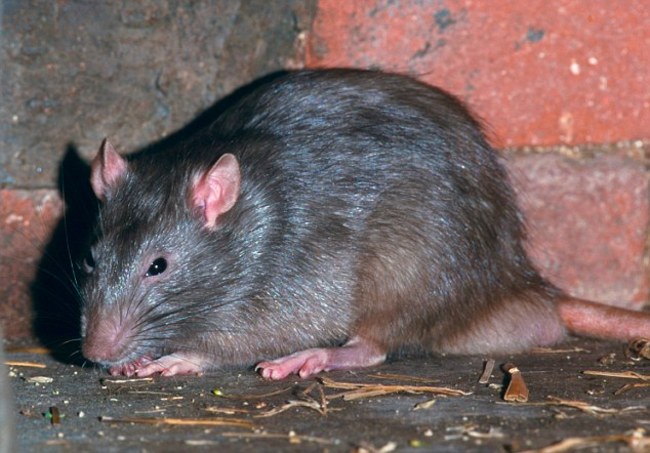You walk into your garage one day and turn on the light, only to see a small creature scurry out of sight. Finding a rat in your garage can cause a fright, but is it something to worry about after the initial startlement? It is important to know how to identify possible rat infestations and to address them promptly. For rat and mice removal, Madison residents can count on contact our team at Skedaddle Humane Wildlife Control.
How To Identify Rats in Your Home
If you have rats living in your house, it may not be immediately obvious. These rodents are skittish and good at hiding. However, there are a few telltale signs that you can keep an eye out for.
- Noises: Although they are quite small, rats can make a surprising amount of noise, especially if you have many. You may hear scurrying noises in the walls of your home or garage. Also, pay attention if pets seem to be listening to the walls.
- Droppings: Rat droppings look like brown grains of rice. You may find them pretty much everywhere that rats go. They are especially common near nests.
- Holes/Damage: As rats are trying to get around, they make holes and/or damaged wood. Brown rats are especially likely to make tunnels and burrows.
- Rub Marks: As they pass by walls, rats sometimes leave a greasy substance. This rubs off their fur and makes a dark spot on the wall.
- Bite Marks on Food: If you notice any damage to food containers, that may be a sign of rats. Likewise, they may make a meal of food you leave out, especially grain, fruit and meat.
One Rat May Mean Many More
Rats are highly social creatures. They tend to like living together and use their social structure as part of their survival mechanism. While this can be interesting if you have pet rats, it has other implications when it comes to an infestation of wild rats in the house. In other words, if you find one rat, it could mean that there are many more of them nesting nearby.
Additionally, rats can multiply quickly. Once they set up a nest in your garage or house, they can rapidly increase in number. A typical female births six litters of up to 12 pups per year.
What To Do Next
If you notice a rat or otherwise think that you may have a rat problem, you should call for professional help. Rats can carry dangerous diseases and parasites. They can make you sick even if you don’t come into direct contact with them, especially if they are leaving feces around your home.
Additionally, rats may bite or scratch if they feel threatened. This is an even more pronounced danger if you approach a nest with young in it. Trying to handle rats yourself could put you at risk for rabies.
Skedaddle Humane Wildlife Control can help address a rodent problem. This is our three-step process:
- Assess and Remove: Our trained technicians inspect your home. They will find the rats and humanely relocate their nests to a better place in the wild.
- Clear and Clean: Then, we clear up the area and thoroughly clean it. This is essential for mitigating the risk of disease.
- Prevent and Protect: Finally, we protect your home against future infestations. For mice and rats, we use one-day doors. These allow the creatures to leave but not come back.
Get Rat and Mice Removal in Madison
Whenever they need mice and rat removal Madison residents turn to Skedaddle Humane Wildlife Control. Our proven methods will solve your rat problem and give you peace of mind. Contact us today to learn more.



